Trump to welcome British PM in 1st meeting with foreign leader
The White House has announced that US President Donald Trump will receive British Prime Minister Theresa May later this week in his first meeting with a foreign leader early into his term.
The upcoming meeting, due to take place on Friday, was announced during a briefing by White House Press Secretary Sean Spicer on Saturday.
Press reports in Britain, however, referred to the planned visit to Washington by May as a “major diplomatic coup” for the prime minister for becoming the first European leader to “secure” an official meeting with the new US president.
Beating other European leaders to the White House after Trump’s inauguration has also been described by British media as a key objective for May and her government since he surprisingly defeated his Democratic rival Hillary Clinton in the 2016 election.
The development comes as May is overseeing the UK’s departure from the European Union, or Brexit, which was approved in a national referendum amid a swell of anti-establishment enthusiasm similar to what led to the stunning victory of politically inexperienced Trump in the US presidential race.

Washington’s invitation of May this week is viewed as “evidence of Trump’s genuine willingness to help Britain make a success of Brexit,” according to a Guardian report, which also described the development as “an implicit snub to the EU, which Trump has described as a mere “vehicle” for Germany” in the eyes of other European leaders.
According to UK media reports, high on the agenda of the May-Trump meeting will be discussions on plans for a post-Brexit trade deal between Britain and the US as well as continued Washington’s lead role in the NATO military alliance.
May extended her congratulations to Trump following his inauguration on Friday and has said that she believes Trump does recognize the significance of NATO even though he had referred to the Western military alliance as "obsolete" just days ago.
May and her team regard the White House meeting with Trump “as a chance not only to show that the president is on side with her plans to develop new trade arrangements with Washington after Britain leaves the European Union, but also more broadly to re-emphasize that the special relationship between the two countries is alive and well in the broadest sense,” The Guardian said.
Hezbollah attacks Israeli forces after Lebanese homes blown up
World leaders, states hail ICC arrest warrants for Netanyahu, Gallant
MP: US accountable for possible Israeli 'foolishness' to attack Iraq
VIDEO | Israeli policies strangle Palestinian agriculture, economy
Iran's president offers condolences to Pakistan over terrorist attack
Canada’s Yukon town council at standstill over refusing oath to King Charles
Yemen's Houthi calls for jihad to protect Palestine against Israel
VIDEO | Internal rifts within Israel


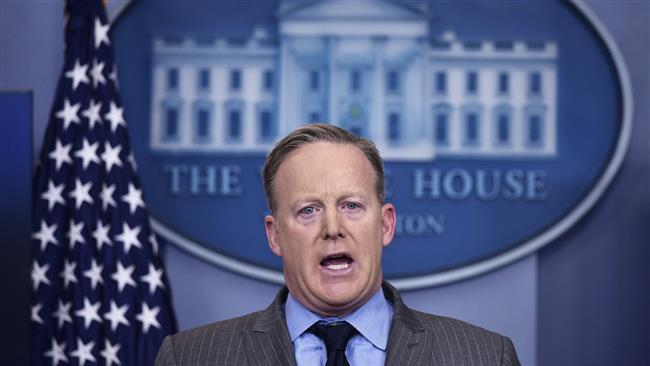

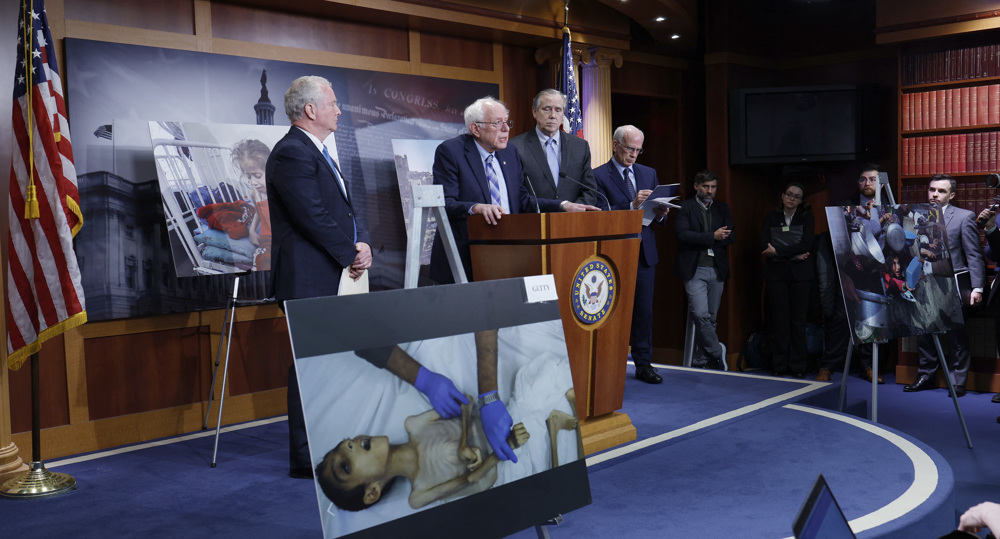




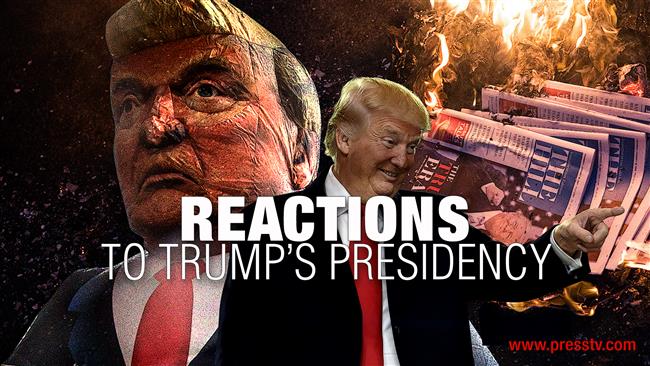
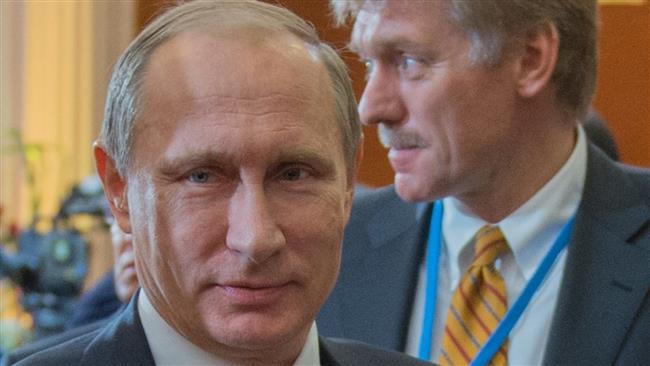
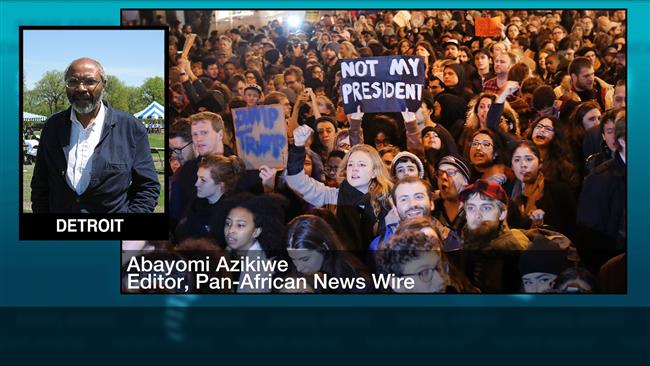
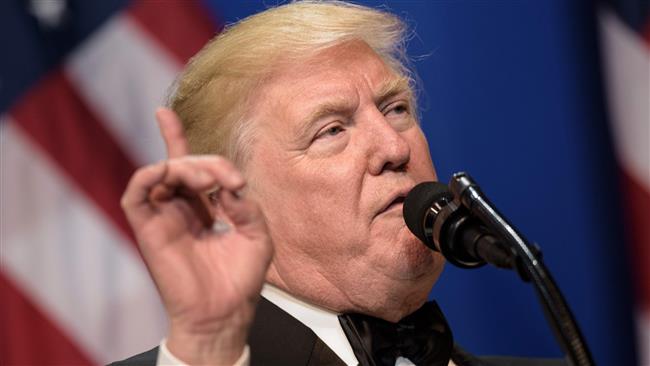

 This makes it easy to access the Press TV website
This makes it easy to access the Press TV website